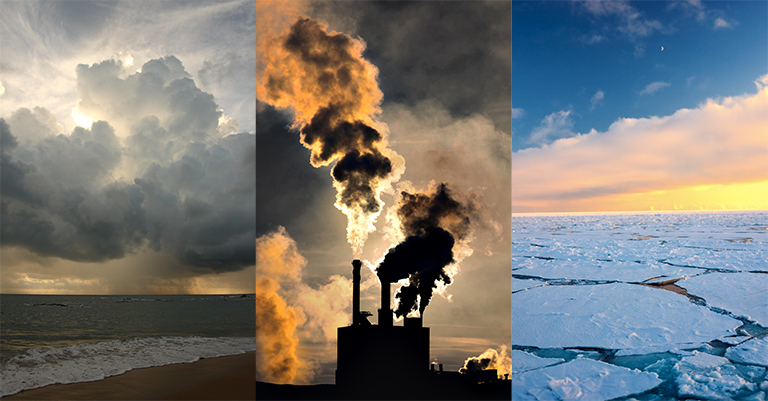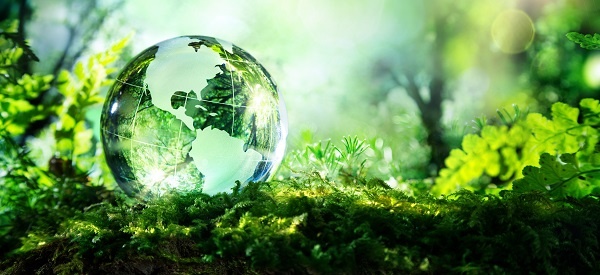A philosopher cannot help but be philosophical at a time like this. But at the same time, it’s never been more difficult to be philosophical, for philosophers and non-philosophers alike!
Isolation, fear and self-concern are running even more rampant than the Covid-19 pandemic. Yet the response in the mainstream media has been completely inadequate. Besides oblique references to “mental health issues,” there’s been a plethora of personal stories of survival and heroism—the usual tropes of American culture.
The silver lining and positive thinking set, which comprise the vast majority of Americans, are, as usual, trying to have things both ways.
On one hand one reads things like, “Many of us are peering at songbirds through windows we have hitherto hardly bothered to wipe. We are paying attention.”

But in the next breath, “The coronavirus will not reverse the ravages of climate change, and it will not interrupt our progression toward an even more desperate future.”
If we were paying attention, why wouldn’t it “interrupt our progression toward an even more desperate future?”
No idea has been more pernicious in recent years than casting truth as a choice between either/or thinking and both/and thinking. With regard to the former, either/or is often neither. And with respect to the latter, both/and usually amounts to believing we can have things both ways.
Recently, I heard someone say, “I’ve become more comfortable with lack of clarity within myself. That lack of clarity, of not knowing with certitude what is going on means that I’m open and can learn more about what’s going on.”
On the surface, that sounds humble and healthy. But with a moment’s reflection, it makes no sense, and enshrines confusion.
Psychological comfort doesn’t exist. Being “comfortable with lack of clarity” is not the same as feeling “I don’t know.” Though the feeling “I don’t know” is essential from beginning to end, the drive for insight is essential, and clarity is possible.
Some shallow thinkers say, “Our first task when we emerge from this isolation will be to remember.” That is simply false. Our first task is to seize the opportunity during and after the pandemic, to question and attend to what is, inwardly and outwardly.
Waiting is death. If we wait until the pandemic to begin to radically change ourselves, our culture, and our policies and politics, it will be too late when things return to some semblance of normality.
It’s true, we can now “see with our own eyes how ready the natural world stands to reclaim the planet we have trashed, how eagerly and how swiftly it will rebound if we give it a chance.”
However the idea that we must “sear into our memories the pure pageantry of wildness” of coyotes wandering the sidewalks in San Francisco, of mountain lions jaywalking in San Mateo, of red fox sauntering across a driveway in Nashville, and wild boars rooting in medians in Barcelona, is to insure that nothing will change.
Memory is not the basis of right action, much less radical change. Then what is? Simply this: Constant questioning and insight, and attention to what is. Both can and must take flight within us now if humankind is to change course, and cease destroying the earth.

Daytime belongs to the earth, all the diversity of life in nature. The night, especially clear, moonless nights like last night when you could see the Milky Way from the backyard, belong to the universe, and the countless galaxies, stars and planets in it.
Because the earth has given birth to complex life, and evolved brains with the capacity to stand in silent awe before the cosmos on such a night, it is an essential planet, and we are essential beings in the scheme of things.
For we still don’t know how rare life is in the universe. Even if we find single-celled organisms on Enceladus, the geyser-spewing moon of Saturn, complex life, much less conscious, potentially intelligent life, is undoubtedly rare indeed.
Protect your brain. Put knowledge second. Attend to what is, within and without. Feel beauty, mystery and awe every day.
Martin LeFevre
No comments:
Post a Comment